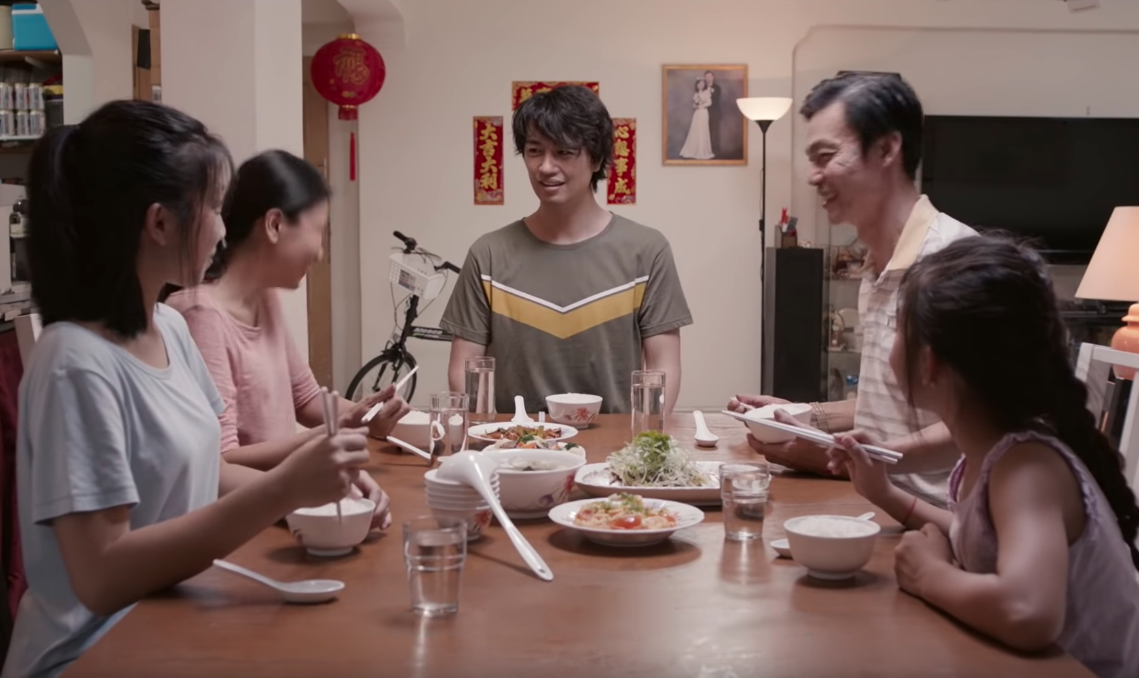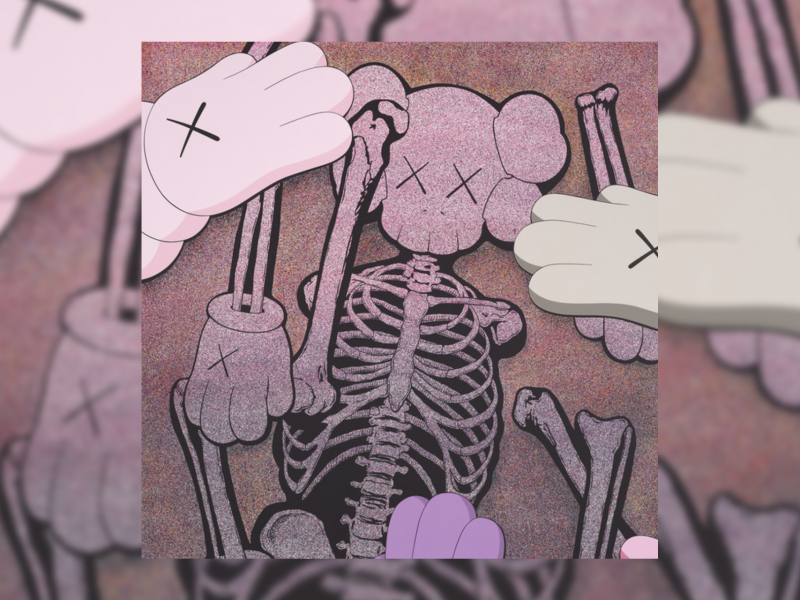Ramen Shop doesn’t need to shout. It’s not about an epic journey or adventure. In fact, it occasionally feels like a show from the Cooking Channel. But there’s a quiet reverie in its artistry that will have you feeling full of something, even if it leaves your stomach growling.
The film tells the story of Masato, a young orphaned man who travels from his late father’s ramen shop in Japan to his mother’s homeland of Singapore to discover himself, his family and a certain bak kut teh recipe. Ramen Shop is filled with soft aesthetic shots that reveal the beauty in simplicity.
There is rarely any shouting or tears — so when that drama does come, it hits even harder. There’s not a lot of action-packed excitement, either. But the story is there underneath: a young man’s desire to understand his family and himself through the meals they cook together.
Ramen Shop’s understatedness evokes a quality to the movie that leaves the viewer craving more. Director Eric Khoo has a clear artistic vision that allows certain creative choices, such as layering the past and present in a single scene, to express how the characters’ perspectives are influenced by their memories of the past.
[Read more: Everything you need to know about Quentin Tarantino’s ninth movie]
Minute scene organization and acting choices characterize Ramen Shop. The movie knows when to introduce the past and when to pull us back to the present. Although Masato doesn’t understand Singapore’s language or culture, there is a spirit of hope there that engulfs his desire for family.
Masato’s parents’ love story is told through flashbacks, some of which are Masato’s own memories of what he’s been told or has gleaned from his mother’s diary. But many of the scenes seem to be reflections of the parents’ souls, still lost in love in Singapore. There is magic in these scenes, and an intense love shown through the preparation of traditional foods.
Set to a beautiful — if a bit too cutesy at times — score, the show allows viewers to viscerally feel the energy of love and pain through the screen. The instrumental music in the background adds to the soft and natural aesthetics of the film.
[Read more: Review: Tao Zhao commands the spotlight in ‘Ash is Purest White’]
The film is full of language barriers. Some of the most important characters cannot even speak to each other. These obstacles baked into the film soften the barriers that a viewer who doesn’t speak Japanese might normally face while watching a film in Japanese. The family members can only speak to each other through food, so the film speaks to its audience through food, too. A character’s expression as they try a certain soup is just as important as any line of dialogue.
The filmmakers’ ability to express the family’s inner thoughts and desires without using spoken language reveals just how far Ramen Shop transports you without watching. A quiet pain runs throughout the movie. This is a film built on small, heart-breaking scenes, with an unclear path to redemption. There is healing throughout the film, but there is also the understanding that difficulties will be ever-present.




